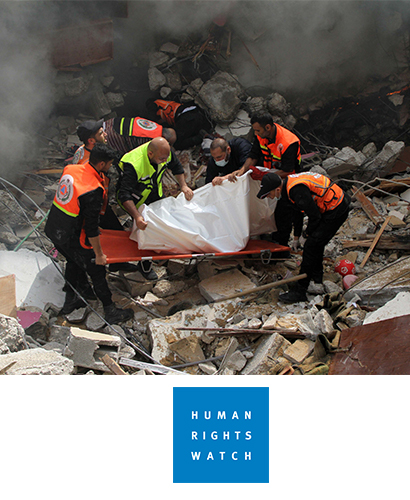Sir Michael Lynk, the special rapporteur on the situation of human rights in the Palestinian territories occupied since 1967, has submitted his fifth report to the UN General Assembly. Here he highlighted that, despite his repeated requests, he had not been granted access to the Occupied Palestinian Territory by Israel. This, in addition to the ongoing pandemic, meant he was forced to rely on information provided by victims, witnesses, civil society representatives and United Nations agencies. The report addresses a number of human rights issues in the Israeli-occupied West Bank (including East Jerusalem) and the Gaza Strip, including violations related to COVID-19, annexation, illegal settlement expansion and the general situation in the Gaza Strip.
In referring to illegal settlement expansion, the report observes that international law strictly forbids an occupying power from demographically transforming an occupied territory by implanting its civilian population. Since 2002, the Rome Statute, which established the International Criminal Court (ICC) has determined settler implantation to be a war crime. In the period after 1979, the UN Security Council has stated, on “at least six occasions”, that Israel’s establishment of civilian settlements in occupied territory has “no legal validity” and is a “flagrant violation under international law”. In 1980, the Council “strongly deplored” Israel’s non-cooperation and its rejection of previous resolutions on this issue, and called on states “not to provide Israel with any assistance to be used specifically in connection with settlements in the occupied territories”. In 2016, the Council asserted that Israel’s settlement enterprise was gravely jeopardising what remained of the two-state solution, and demanded that Israel “immediately and completely cease all settlement activities”. The report observes that by 2020, Israel had created approximately 250 thriving settlements with more than 650,000 settlers in occupied East Jerusalem and the West Bank, and adds that, in the following year, it has continued to approve record numbers of new settlement housing units.
The international community is fully aware that Israel shows its contempt for international opinion when it fails to comply with Security Council, General Assembly and Human Rights Council resolutions, but does not then follow through with effective counter-measures and sanctions. In this report, the Special Rapporteur focuses on two issues related to accountability: first, the accountability responsibilities of the United Nations Security Council, and specifically its ability to ensure that its decisions and directives on the Israeli occupation are obeyed; and second, the accountability responsibilities of private corporations who operate in or (directly or indirectly) benefit from the Israeli settlements and the Israeli occupation.
And it makes it clear that the principle of accountability is violated by Israel’s largely cost-free and decades-long occupation, and in particular by the unrelenting growth of the settlement population, the confiscation of Palestinian (public and private) land for settlement and military use purposes, the continued claims of Israel’s political leaders that the occupied lands are theirs by right and Israel’s continued refusal to acknowledge that the Palestinian territories are governed by the law of occupation. The Report quotes Carmi Gillon, the former head of the Israeli Shin Bet (the country’s internal security unit) who clearly acknowledges this when he observes that: “The status quo is good for Israel, because Israel gets all it wants without paying a price”.
The report therefore recommends that the United Nations Security Council should act. In the event that it fails to do so, it proposes that the General Assembly should issue a ‘Uniting for Peace resolution’, and then adopt resolutions that direct all States who maintain diplomatic or consular relations with Israel to issue a formal declaration to the Government of Israel: it stresses this should indicate that they do not recognize its authority in the oPt, and that that they consider its continued presence there to be illegal. It also requests that they refrain from any relations with Israel — including diplomatic, consular, trade and other agreements — that could be taken to imply recognition of its authority over any part of the oPt.



